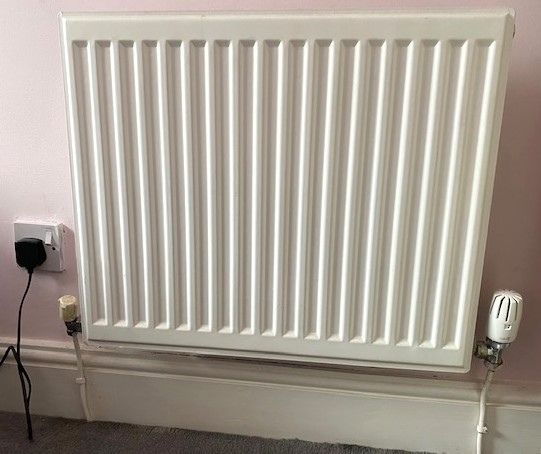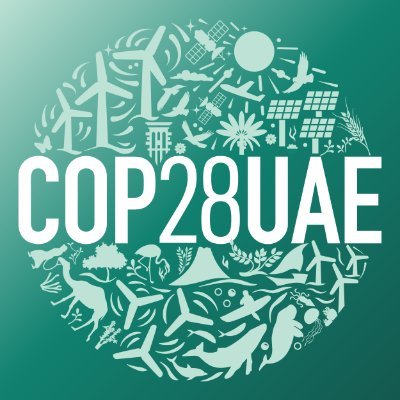
My six of the best strange but true green stories in 2023
With Christmas only a few days away now is a good time to look back at this year’s amazing but true green stories.
Ron Fox, of Noreus Ltd on the University of Keele Science Innovation Park (www.noreus.co.uk), picks his six favourite environmental tales.
1. Windermere is to be monitored from space to try and crack down on pollution levels in England’s largest lake. Lake District environmentalists have joined forces with the UK Space Agency to use satellite data to track inflows of harmful nutrients from sewage works, agriculture and septic tanks. Phosphorus from these sources have led to large amounts of blue-green algae, a kind of microbe, turning the water a vivid green colour which can cause health problems in humans and pets and can also devastate fragile aquatic ecosystems by starving them of oxygen.
2. To help deaf people understand global warming better the Royal Society and the University of Edinburgh has worked with scientists and British Sign Language users to produce 200 new sign language terms which will replace the cumbersome process of finger spelling. For example, to say carbon footprint the left hand makes a C for carbon while the right hand moves up and away to symbolise the release of carbon gas.
3. Kenyans were given a special holiday to plant 100 million trees as part of the government’s goal to put 15 billion trees into the ground in 10 years. Each Kenyan is being encouraged to plant at least two seedlings in designated public areas. They have been made available for free at forest agency centres, but the government also wants Kenyans to buy at least another two seedlings to put on their own land. The tree planting will be monitored through an internet app, which allows individuals and organisations to record the plant species, number of seedlings and date planted.
4. The Wine Society, the world’s oldest co-operative wine club, is selling four of its most popular wines in recycled, flat bottles made out of polyethylene terephthalate (PET) in a bid to reduce its carbon footprint by 50 per cent by 2032.
5. Garden fences should be made with hedgehog friendly holes to allow the threatened species to move between gardens to find food, shelter and a mate, say two charities. Hedgehog Street, a nationwide campaign by the People’s Trust for Endangered Species, and the British Hedgehog Preservation Society, wants the 13cm x 13cm holes in the base of fence panels to become the norm by the manufacturing industry. The loss of food, habitat and green spaces in the countryside has led to hedgehog numbers plummeting by a third in the past 23 years. Experts fear the species could be wiped out in the UK within 20 years.
6. A two-and-a-half mile stretch of electrified road is to be built on a motorway near Paris to allow electric cars to recharge their batteries while driving. The section on the A10 motorway, 25 miles south of the capital, will serve as a pilot which could lead to hundreds of e-motorways over the next decade. Two systems will be tested. The first is wireless induction pads embedded in the road that transmit electricity to a battery-charging coil in the vehicle. The second is an electric rail on the road that charges vehicles via conductive pick-up arms that make contact with the rail.
“If you want any green energy advice, contact me on 01782 756995 – but in the meantime have a green and happy Christmas,” said Ron.
Caption: Space age technology – England’s largest lake, Windermere, is to be monitored from space to try and reduce its pollution levels. Picture: Wikipedia




